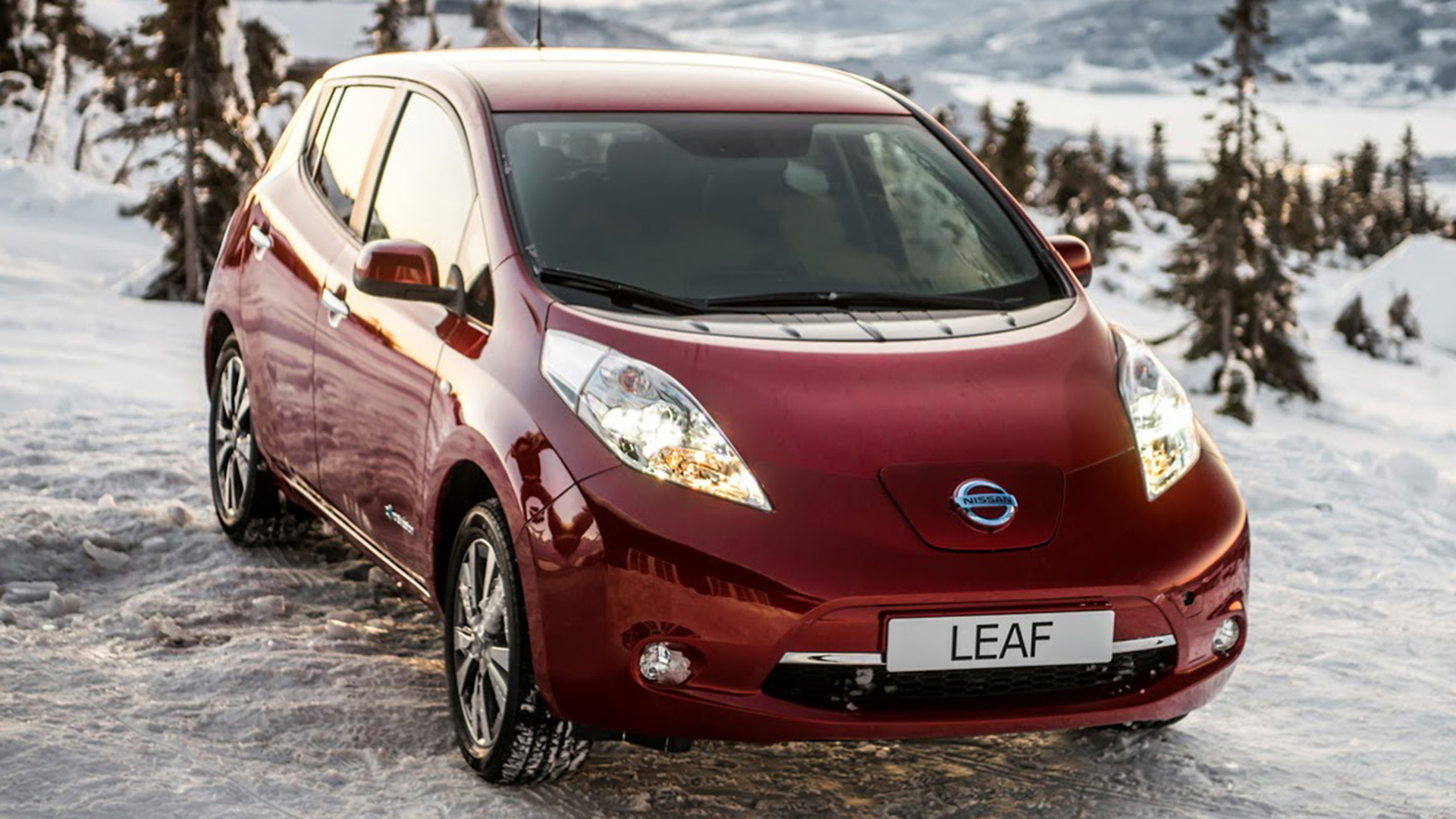Users of early Nissan Leaf and e-NV200 vehicles in the UK will no longer be able to remotely set off-peak charging routines or climate control schedules
Maybe not evil but not exactly good either. It’s a computer in a car, they could offer the owners to buy a replacement part that works on (n+1)G.
True, but maybe not physically possible. I doubt that the 2G module is a separate piece of hardware
I guarantee it’s a separate piece of hardware. The leaf is sold all over the world and needs different hardware to work on all the different radio frequencies. There would be at least four or five different cell radio modules for the leaf.
Well, I said maybe is not physically possible, not that this is the cause.
But still, even being a separate piece of hardware does not make automatically possible to change it with a newer one.
Modularity costs money and they’d rather you pay for a whole new car, especially modern smart cars that have subscriptions to use hardware in the car you paid for (e.g. heated seats).
What you say about the subscription model is true, but I don’t think this is the case. They simply went with the network that at the time had the biggest area covered, which would probably was 2G. (and it seems that they also used more recent modems in later models)
They simply, correctly, decide that having the widest area possible covered now is better than to have to maybe shutdown some services at a not yet known future time.
I don’t know what you mean.




